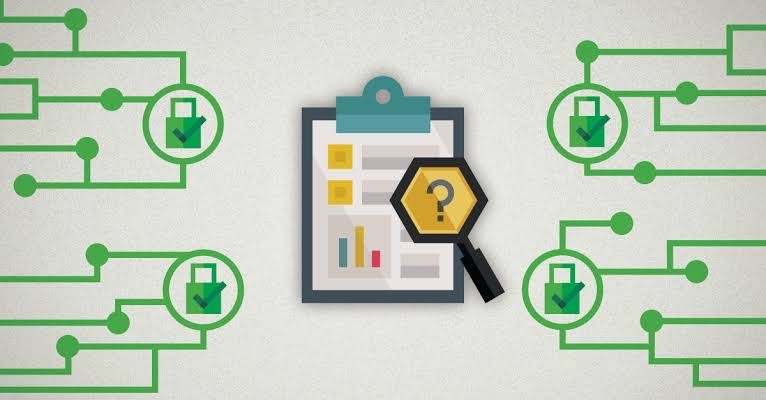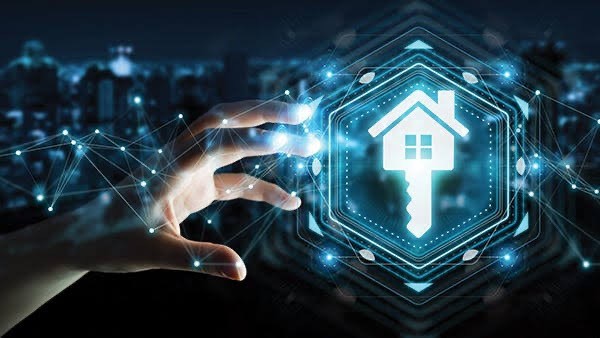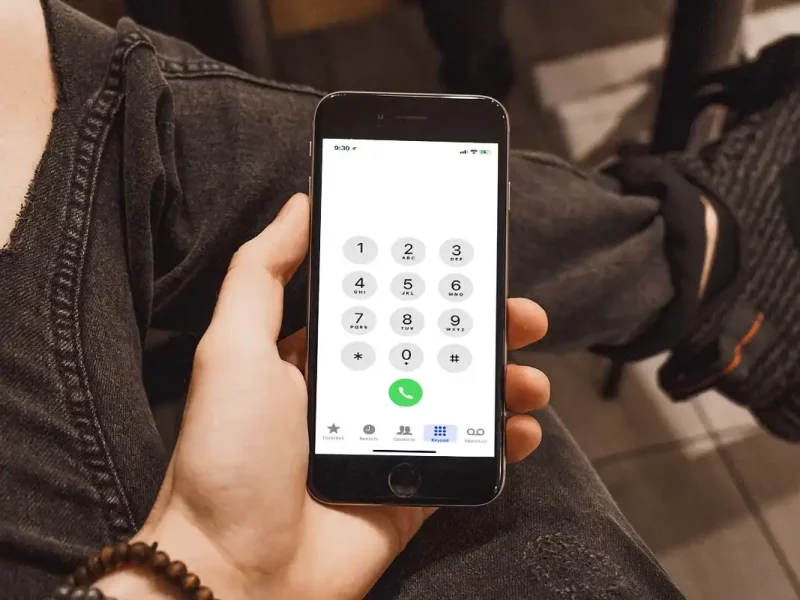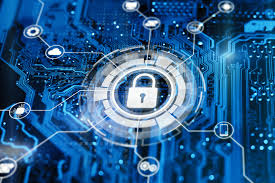Digital transformation is reshaping the world, one industry at a time. Businesses in the real estate market are increasingly actively embracing new technologies. The most recent real estate technology advancements are undeniably changing the game, from automated property management to virtual reality home tours to AI-driven insights into buyer behavior.
Property management has changed dramatically in recent years due to the integration of technology into every aspect of our lives. Managing properties is more accessible with technology. Investors and property managers may better manage their businesses with the help of new technology. However, with these developments come fresh challenges for investors and property managers.
Whether you’re an investor or a property manager, this article is for you. Continue reading below as this post explores five technology challenges in property management and other valuable information.
5 Technology Challenges in Property Management
Cybersecurity Threats
Due to the industry’s digital transformation, cybersecurity concerns have emerged as a significant issue in property management. Property management firms handle massive amounts of sensitive tenant and owner data, making them excellent cyberattack targets. Hackers attempt to exploit vulnerabilities in property management systems, which can result in data breaches, financial losses, and damage to the company’s reputation.
These threats come in many forms, from simple phishing emails sent to unsuspecting employees to more complex attacks involving ransomware and data theft. Property managers must invest significantly in firewalls, intrusion detection systems, and employee training on spotting and avoiding cyber threats to safeguard this valuable information. Local property managers in Baltimore understand the importance of taking cybersecurity measures.
Additionally, the complexity of the cybersecurity landscape increases with compliance with data protection laws like GDPR and CCPA. Non-compliance can warrant significant fines. Property managers must be watchful and adjust their cybersecurity tactics to stay ahead of the ever-evolving threat landscape.
Proptech Integration
Proptech integration is a critical technological challenge in modern property management. While proptech solutions offer innovation and efficiency, integrating them into existing systems remains challenging. Property managers must incorporate various technologies, such as smart access controls, IoT devices, and data analytics systems.
The challenge is to achieve harmonious connections between various systems, ensuring good communication and data sharing without establishing information silos. Because of the intricacy of this integration, unforeseen technological faults, compatibility concerns, and data interoperability challenges frequently arise.
Property managers must carefully select proptech solutions that match their existing infrastructure while considering scalability and adaptability. This necessitates cautious planning, the purchase of powerful integration tools, and a deep understanding of the complexities of each technology’s APIs and protocols.
Navigating the environment of prop-tech integration necessitates a combination of technical knowledge and strategic insight. Only by adequately integrating these technologies will property managers realize their full potential, streamline operations, improve tenant experiences, and remain competitive in an increasingly technologically driven property management world.
Data Privacy and Compliance
Data privacy and compliance are top priorities in today’s property management world. Property managers must traverse complicated regulations such as GDPR and CCPA as the tenant and owner information becomes more digitized. These regulations require strict protection of personal data as well as transparency in how it is handled.
The task is to ensure that data is gathered, stored, and processed according to these regulations. Property managers must implement strong data security measures, conduct frequent audits, and create clear data usage policies. They must also train their teams on how to handle data appropriately.
Non-compliance poses serious risks, such as hefty fines and reputational damage. Because data privacy rules constantly change, it is a constant challenge for property managers to stay informed and adapt. As data breaches become increasingly common, the importance of data privacy and compliance in property management has never been more serious.
Tenant Expectations
With the growth of technology, tenant expectations in property management have undergone a significant change. Tenants today want a modern, seamless experience. They anticipate online platforms for rent payments, maintenance requests, and smart home amenities like app-controlled locks and thermostats. Proptech solutions must be continually invested in to meet these expectations, which can be expensive.
Additionally, tenants expect prompt issue resolution through digital communication channels, putting pressure on property managers to respond quickly and find effective fixes. Maintaining personal relationships while balancing this need for speed can be difficult.
Furthermore, eco-friendly technology solutions, like energy-efficient appliances and green building techniques, are becoming increasingly expected as tenants become more concerned with sustainability.
To adapt, property managers must promote digital communication channels, adopt innovative technology, and maintain an eco-conscious mindset. Technology integration is a crucial component of contemporary property management. Failure to achieve these tech-driven expectations can lead to dissatisfied tenants and vacancies.
Cost
Effective cost management is one of the most significant challenges technology brings to property management. While technology solutions promise increased productivity, their implementation and maintenance can incur considerable upfront and ongoing costs. Investing in hardware, software, and training is necessary to integrate smart building systems, IoT devices, and proptech platforms.
Furthermore, the intricacy of these technologies can result in unexpected troubleshooting, repair, and update costs. Balancing potential long-term savings with immediate financial outlays is a tricky issue. Property managers must thoroughly examine each technology’s return on investment (ROI) and establish complete cost models to guarantee that the benefits surpass the costs. Furthermore, as the technology landscape advances, remaining agile and budget-conscious is critical for effective cost management in property management.
How can Property Managers Mitigate Risks on Online Security?

Implementing Cybersecurity Measures
Property managers should install and regularly update top-tier security technologies, such as firewalls and intrusion detection systems, to adopt effective cybersecurity measures. Employees should periodically have an education on cybersecurity best practices, such as recognizing phishing attempts. Implement stringent password standards and consider multi-factor authentication.
Encrypt sensitive data both in transit and at rest. To discover and address vulnerabilities, conduct rigorous security audits and penetration testing. You should make sure that third-party vendors adhere to security standards. These preventative measures are critical for protecting property management systems and sensitive information from cyber threats.
Regular Software Updates
Regular software updates are essential for property managers’ online safety. It is critical to keep all software, including operating systems and applications, up to date. Patches that address known vulnerabilities are frequently included in updates, making it more difficult for hackers to exploit weaknesses.
Property managers can develop a strong defense against cyber threats by implementing these changes as soon as possible. When possible, automating software updates ensures that security remains current, lowering the risk of breaches caused by outdated software. This proactive strategy considerably improves overall safety and aids in the protection of critical property and tenant data from potential cyber threats.
Data Backups
Property managers should set up regular data backups to reduce online security threats. Ensure vital property and tenant information is routinely backed up to secure off-site locations. Implement automatic backup methods to minimize human error.
Periodically test data restoration techniques to ensure the viability of backups. In the case of a cyberattack or data loss, maintaining reliable backups helps quickly recover crucial information and minimize delays to property management activities.
Conclusion
The property management industry is undoubtedly changing, with technology being a significant driver. Property managers face a dynamic and complicated environment, from cybersecurity challenges to integrating proptech solutions. However, when faced with strategic planning and proactive tactics, these challenges can transform into opportunities for growth and efficiency.
Property managers may confidently navigate these new seas by prioritizing cybersecurity and investing intelligently in technology. As the digital era progresses, adapting to these changes and mastering the art of balancing innovation and security will be critical to succeeding in the property management business.


